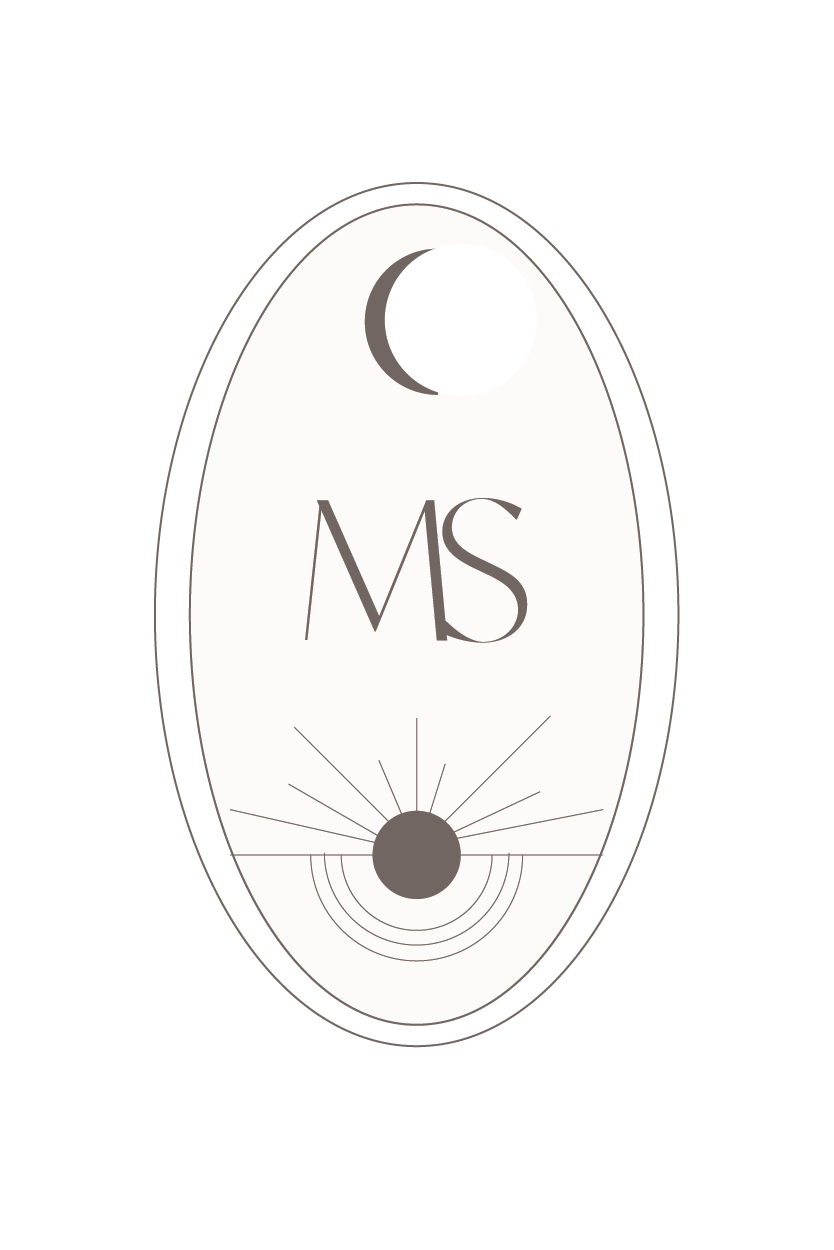Healing the Healers
Photo by Kira auf der Heide on Unsplash
Not too long ago, nobody was ‘working on their health’. None of our ancestors had the luxury to be concerned about how to increase the length of their days or quality of life. They were busy trying to survive. Medicine always existed in one form or another, there were always healers who aided those who were ill. And then the rest was left up to fate, or God, whomever you choose.
What a beautiful gift that we all live in a time when many of us have the privilege of thinking about how we can structure our days to increase our wellbeing. What a mistake to place the responsibility this holds at the feet of a small number of (largely) white men in white coats.
I am saying this with the caveat that white men in white coats have literally saved my life. I would not have lived past the age of seven without the advances and incredible care that I received, and continued to receive throughout my life.
There is an incredibly important role that these white coats play in our lives. Thank god, fate, or whomever you choose that we have advanced to this state where our life expectancy is increasing.
However, because life is more complex now and we have the luxury to ponder the meaning of all of this, I think we must be cognizant of the price we as a society pay when we bestow too much power in the hands of institutions such as our healthcare and education system.
If life were simple, and expertise worked as we have been taught it does, then anyone who studied enough in any given discipline would be the most knowledgeable and best practiced in any given field.
We know this to not be true.
Are doctors the most healthy among us?
Are politicians the most savvy at creating policies that benefit us?
Are those with the most degrees the smartest and most accomplished?
No. No. No.
It almost appears to be the exact opposite in many cases. Physicians are currently suffering rates of burnout, depression and suicide at unprecedented rates.
Politicians… enough said.
In terms of ‘success’ and ‘smarts’ whatever those terms means to you, take a look at a list of those who are accomplished in whatever those terms to you. Is it clear that those who appear successful have all gained ‘expertise’ in their given field?
Once we remove our labels for a moment, we can clearly see that delineating the great task of healing to those who have attended medical school is a grave error and mistake.
By broadening the scope of who can be considered a healer and what health is, the great burden that is currently being placed on our medical system can perhaps be lessened, at least ideologically.
The roles we play in society are important and allow society to function. We each become skilled in certain fields and lend our talents to the collective. What I believe is less useful is when we freely give agency over our lives and bodies to those we have been taught ‘know better than us’ in certain areas.
They may; they may not. But it must always be a partnership between two equal individuals who can identify that they are playing roles at any given time. That underneath the costumes we wear, we are truly all the same.
This isn’t just for the benefit of the patients. It is also for the benefit of the physicians and other healthcare workers who have been freely given this power in our society that inevitably transforms into a ‘God complex’.
There is no true dichotomy between healthcare professionals and patients. We all play these roles in different ways: health of our bodies, finances, spirit, mind. We are all healers and we are all patients.
The idea that you are the number one most important person and healer in your life isn’t some ethereal platitude, but something of deep importance and concrete implications.
There is no medical or otherwise technological test that anyone has devised that can more accurately describe your experience than you. The experience that you have, from moment to moment, determines your health and wellbeing. Therefore, it is up to you to get in touch with yourself and accurately assess how you feel and how to meet your unique needs based on your unique circumstances.
